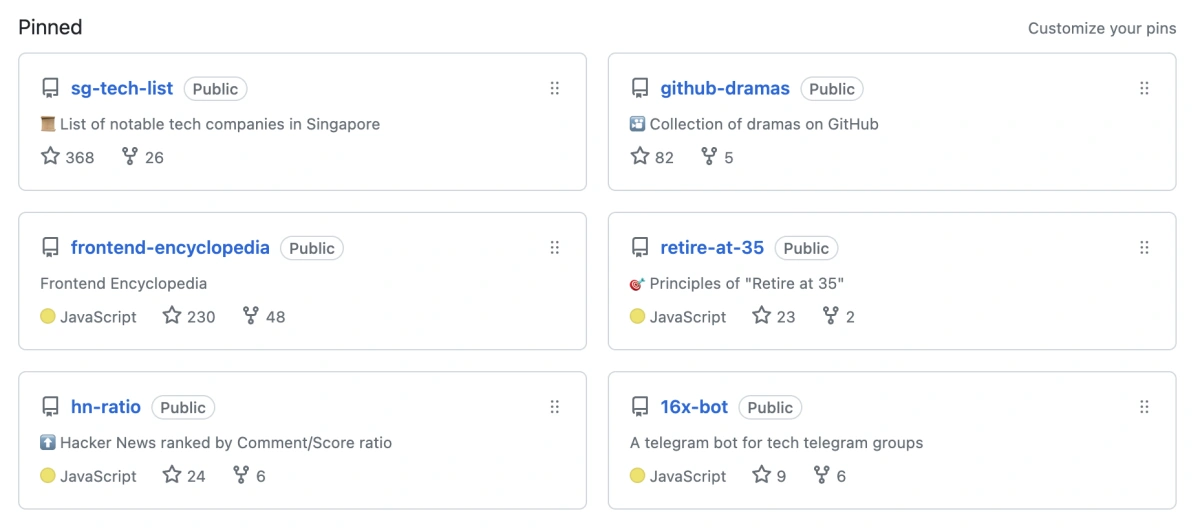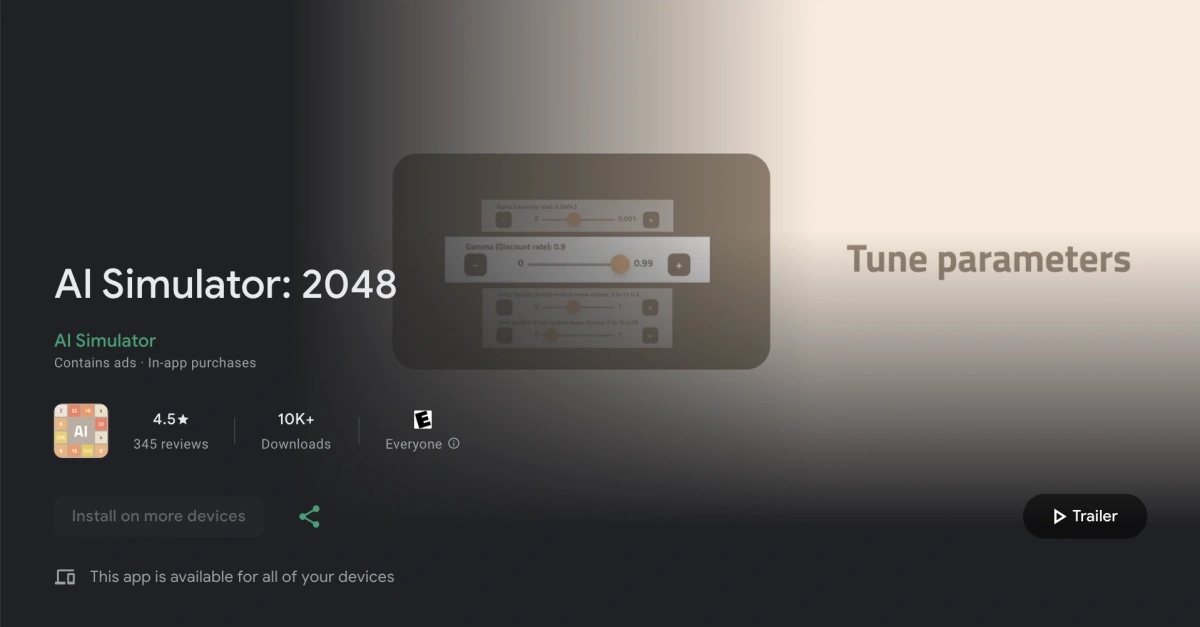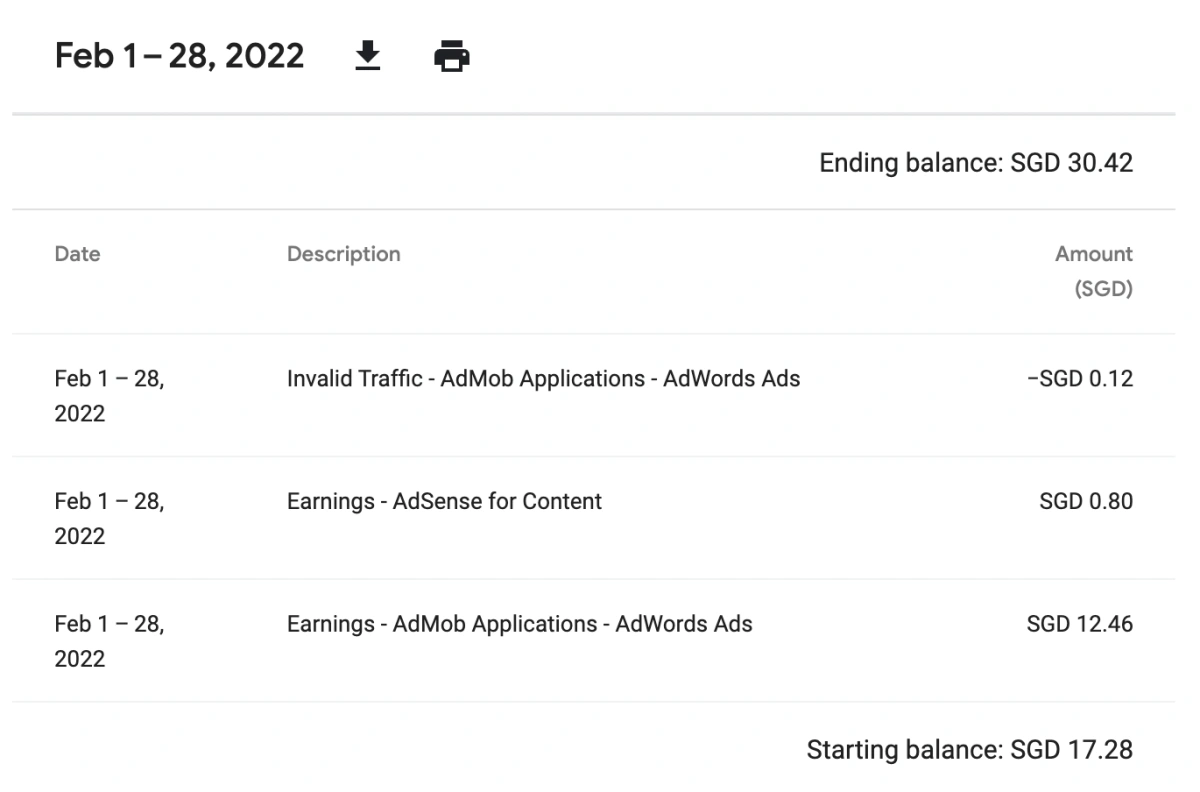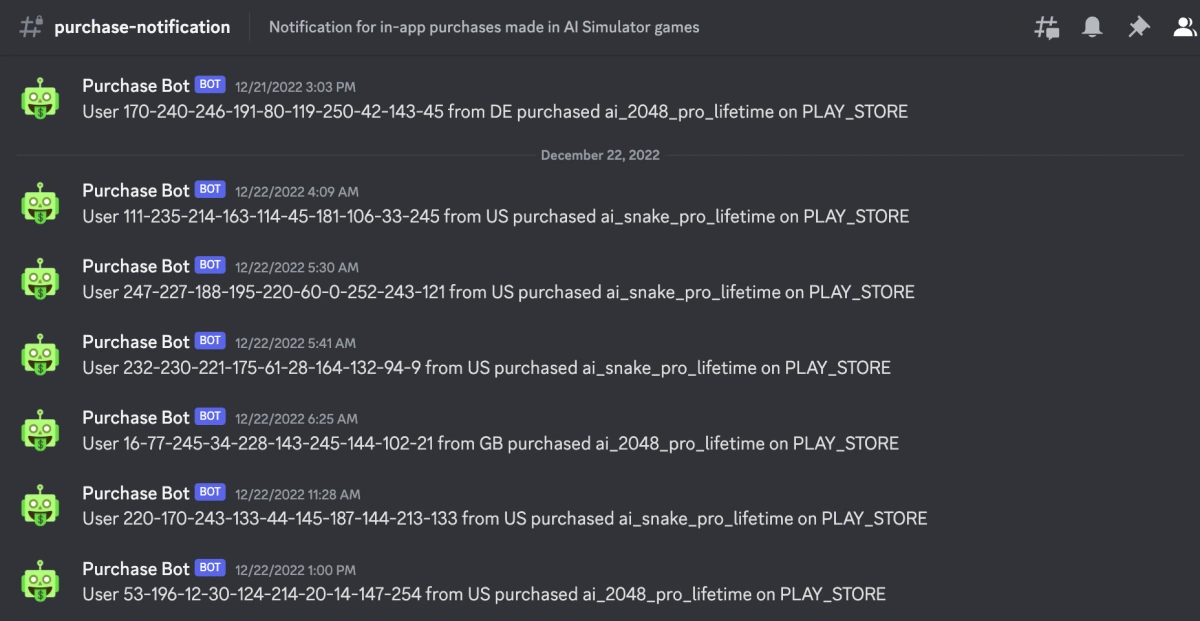In March 2022, I left my SWE job at a tech company to pursue a different lifestyle.
It has been over a year since I embarked on this journey. A lot of people are interested in learning more about the whole process, the thinking and the risks involved. So I am writing this long post to talk about it.
Backstory
I had always been an independent person who liked building my own stuff. I made my own website in primary school, built mobile games and apps through my high school and college.
When I graduated in 2017 from NUS Computer Science, I had a chance to build my own startup, but I chose to work at Grab as a software engineer instead.
I knew doing my own startup as a foreigner would be very risky and a lot of trouble, especially because I had scholarship bonds. I wanted to minimize the risk in my early career and “stabilize” my circumstances before taking on risks.
Passion Projects
Throughout my full-time employment, I kept a habit to spend one or two weekends per month to work on something interesting.
It can be roaming around Singapore for street photography, writing a new blog post on something I learnt, building a toy project to learn something new, or making a markdown list published on GitHub that compiles things.

Pinned repos on my GitHub profile
I am a strong believer that “you can only connect the dots looking backwards”. So if there is a project that looks interesting, I would spend hours working on it to ship at least v1, knowing that I might lose that passion if I don’t.
One of the interesting projects was a 2048 auto solver that I built to learn Vue.js. In the process of making the game, I discovered a popular Stack Overflow post on the 2048 algorithms with thousands of votes and a million views. Clearly people were interested in this.
Since I also wanted to learn how to build mobile games in JavaScript (I love JavaScript), I decided to make a game that lets people try out various algorithms to play the game of 2048. After a few weekends of intensive coding, I launched the game silently in March 2021. All these happened while I was still working full-time.

AI Simulator: 2048 Store Listing on Google Play Store
The game didn’t go viral, with only 500 organic downloads by the end of 2021. But I believed in the potential of applying AI to games and mobile apps in general, so I kept demoing the app to people. The consistent feedback was that game is interesting but too niche, I need to apply the technology for something else.
Preparations & Opportunity
In Feb 2022, I chanced upon a startup program that help people launch their startups and get funding. It was just after I got my Singapore citizenship, and started planning on quitting my job.
It is worth mentioning that apart from working on passion projects, I had done some preparations for quitting:
- I have saved enough money to sustain myself for more than 4 years (runway)
- I have acquired enough skill and experience as senior software engineer that I am not too worried about having to find a job if things don’t work out (worst case scenario)
- My blog and mobile game was generating revenue from ads, though very little (some resemblance of side income)

Google AdSense Earnings for Feb 2022
On top of all that, I learnt that I would be receiving a stipend throughout the 3-month program, so I didn’t really have much to lose.
In March 2022, I officially quit my job and started the 3-month startup program.
Long story short, it was an eye opening experience and I learnt a lot from the program as well as my batchmates. But in the end it didn’t work out for me, so the options were to continue on my own or go back to working.
I decided to go ahead myself, since I still had all the preparations that I made and the only difference is that it was June instead of March.
Solo Founder
Against the backdrop of mass layoffs in tech industry, I registered my own business - AI Simulator. I opted for sole proprietorship since I didn’t want to deal with too much admin.
At the time, I was getting great results from paid acquisition for my first game, and people are paying for the in-app-purchase upgrade. So my thinking was that I could expand on the concept of AI-driven mobile games and make more similar games, so that people would play one and continue to another, hopefully watching all the ads or buying all the upgrades in all games.
I spent a good 2 months working on a new game themed around robots and path-finding algorithm and launched it in Aug 2022. The launch was very excited for me because I managed to get onto the top charts on Android, but ultimately I underestimated how hard it was to make a successful game in terms of generating revenue and positive ROI.
The game was still very niche and couldn’t break into the mass market, and the revenue was nowhere close to what I would consider a success. It was really a learning experience for me, because despite some metrics looking good to me, they do not matter for revenue (vanity metrics). And when I take a look at the actual sales and conversion, they were cold harsh numbers that bring me back into the reality.

Discord bot I made to track In-App-Purchase for AI Simulator games
Around the same time, I began to post actively on LinkedIn and this got me into quite a few in-person meetings with fellow founders or people thinking about starting their own company. It was a way for me to relax and release my mental stress by sharing publicly on my progress and learnings.
After the somewhat mediocre launch of the second game, I decided to try again, this time with a higher budget for user acquisition. At this point, I was just on my mission to prove myself right (or wrong) that the only thing stopping my success was the ad budget.
In March 2023, I launched the third game. It was worse than the second game. No charts, twice the acquisition cost and still not reaching the mass market. The only silver lining is that I had fans from my previous games who supported me by buying upgrades in the new game.
At this stage, I was convinced that I needed a bigger pivot to make something with a larger customer base. So I began the development of my 4th game with reduced focus on AI-driven gameplay and more elements of a traditional game.
New Opportunities
Around May 2023, I began to reflect on the one-year journey after going solo and how much I had accomplished.
It was clear that I failed to generate enough revenue to make a sustainable business. Game industry is hard to crack, AI-driven games are not appealing to mass market, and I was less confident with my new game launch.
It was also around this period that I was consistently getting new connection requests on LinkedIn because of my “build in public” posts. Some asked if I am open to working.
I felt that I have not exhausted all my options and I still want to build my own products, so I turned down full-time opportunities but considered part-time contracts which offered more flexibility and time for me to work on my own products.

One of my favourite productivity spots apart from cafes to get work done
Eventually I signed two part-time consulting contracts for a decent and semi-stable income. It’s been 3 months since I started this arrangement, and it was more fulfilling than I thought. I get to play an important advisory role in the respective teams while also maintaining my relationship and boundaries as a professional consultant.
Running My Own Business & Daily Life
This post is getting too long so I wrote a second part separately focusing on the various aspects of the current lifestyle to serve as a reference for anyone considering: